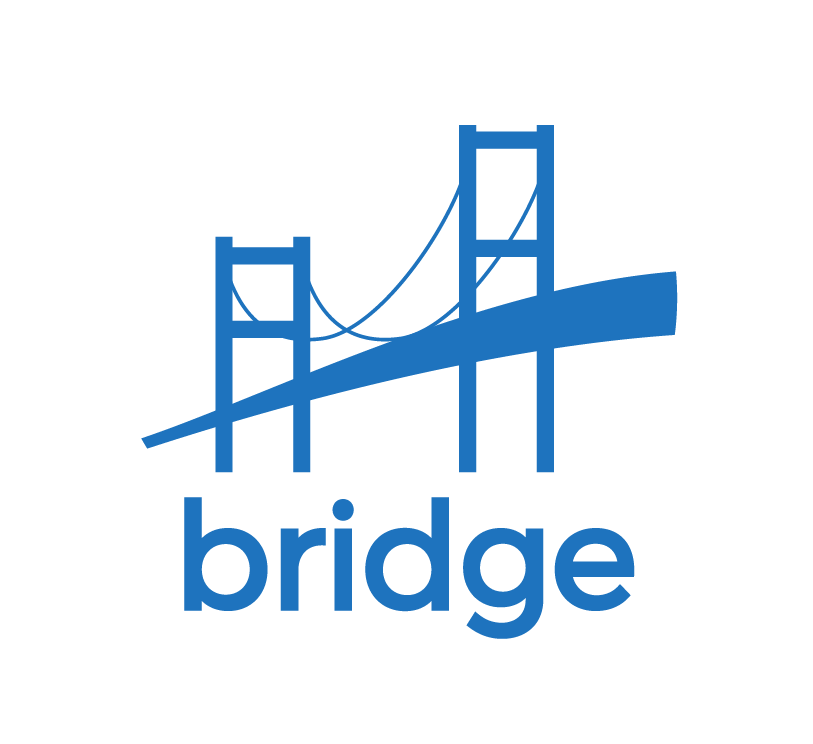Medication management is vital to the treatment of bipolar, but does therapy have an impact on symptoms? With a myriad of different therapeutic approaches out there, it can be difficult to determine which is best for targeting the symptoms of bipolar I or II. Do any therapy approaches actually help?
Bipolar treatment generally includes medication management in tandem with structured therapy. Medications for bipolar can include mood stabilizers, antipsychotics, and antidepressants. Looking for specific meds for bipolar? bridge has you covered with our list of medications, applications, and mechanisms of actions. And, while medication management is a vital part of treatment, so is skill building through counseling!
A meta analysis of CBT shows it has consistently provided strong results including a decrease in frequency and intensity of depressive and manic episodes. CBT helps those with bipolar by addressing symptom reduction, improving adherence to medication recommendations, identification of warning signs for impending episodes, and treating comorbid disorders.
Additional research is promising for Interpersonal and Social Rhythm Therapy (IPSRT). This therapeutic approach helps clients indentify signs of upcoming manic and depressive episodes. It also encourages clients to make changes to their routines to help prevent disruptions to the rhythm of their schedules. It also helps them draw connections between interpersonal conflict and mood dysregulation.
Bipolar I and II are difficult and pervasive disorders. Medication is key. But the right therapy approaches can help clients build increased awareness and management skills. Now that’s a nice role we can play to support our clients in reducing their symptoms.









